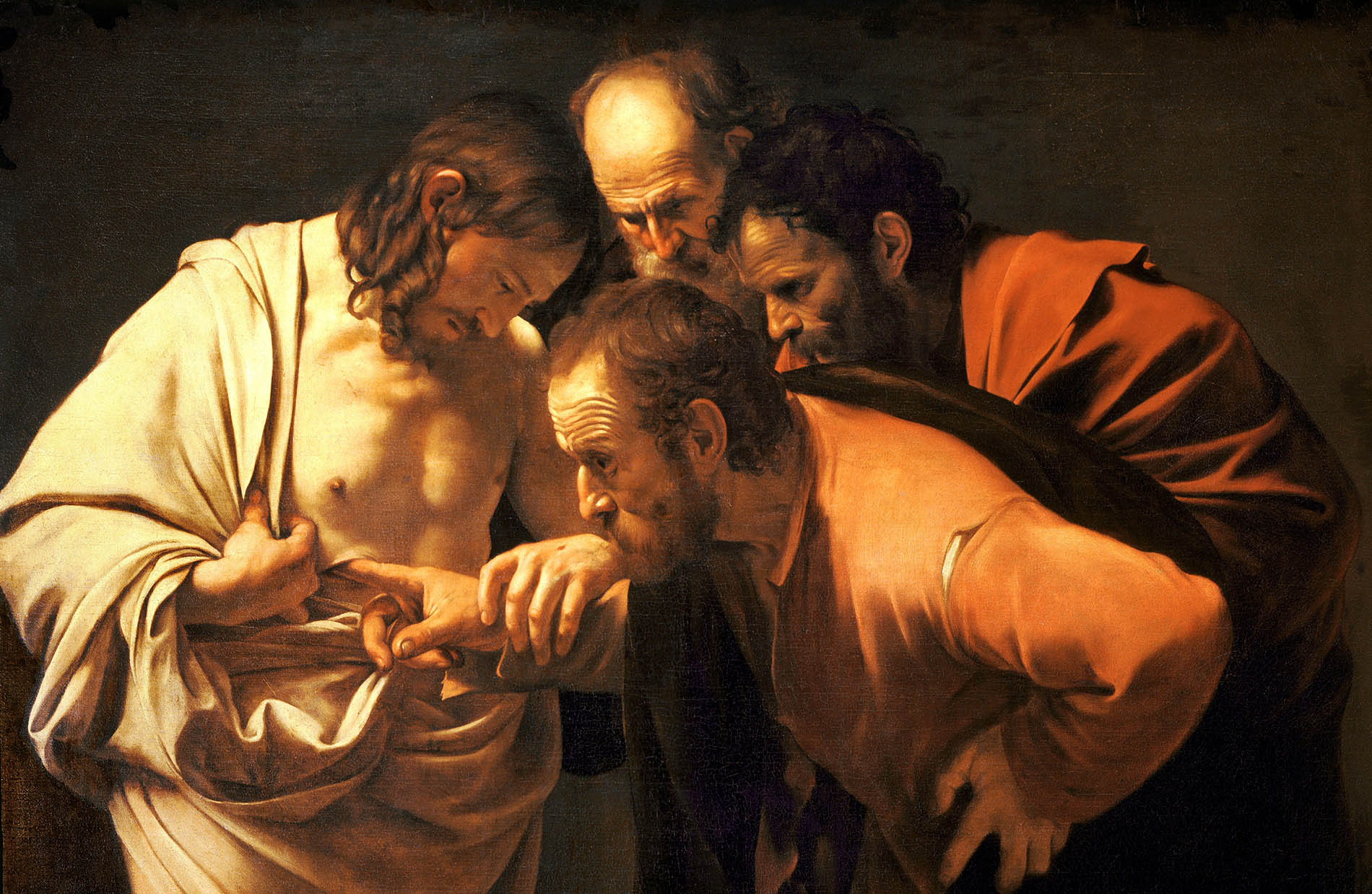Art science covers all genres and forms of artistic work from Christian late antiquity to contemporary art production. The focus lies on painting and sculpture, architecture, and new media (photography, film, and video art).
Art science that mainly addresses European art is a theoretically working discipline that historically and scientifically structures its wide scope of figurative art by means of art history analysis methods. Art theory, art sociology, and esthetic history complement this scope of methods that combines formal analysis and style history with the interpretation of works of art.
Graduates of the Bachelor's program of history of art have basic qualifications in the scientific understanding, analysis, and assessment of classical art and new media and in the adequate verbalization of artefacts in systematic and historic perspectives.
They have broad basic knowledge of the history of art and of first details as well as insight into practically relevant activities. They have been imparted broad basic knowledge of the history of art from late Christian antiquity to modern times and have been given a systematic overview of the art forms of painting, sculpture, and architecture.
By a structured curriculum in the form of epoch-related lectures, undergraduate seminars, tutorials, and exercises, techniques of scientific work are conveyed, complemented by own self-studies.
For systematic introduction of scientific methods in the humanities, graduates have developed skills for a critical analysis of the subject and its knowledge systems, learned the terminology, and trained the analytical study and description of artefacts.
They have learned methods and can apply techniques to adequately present contents by visually supported presentations and descriptions in writing.
They have learned how to handle the objects and have gained additional practical experience. Through practically relevant activities, graduates have gained insight into the preservation of historical monuments, archives, and museums for easier access to a professional career. Graduates have specialized in their studies by choosing an elective in the area of humanities and social sciences, architecture or music science. In this elective, graduates have basic knowledge and systematic orientation. They know how to use major methodological instruments in the discipline chosen.









